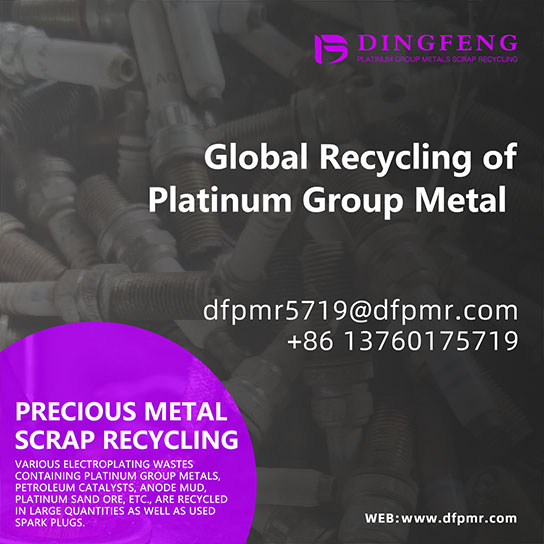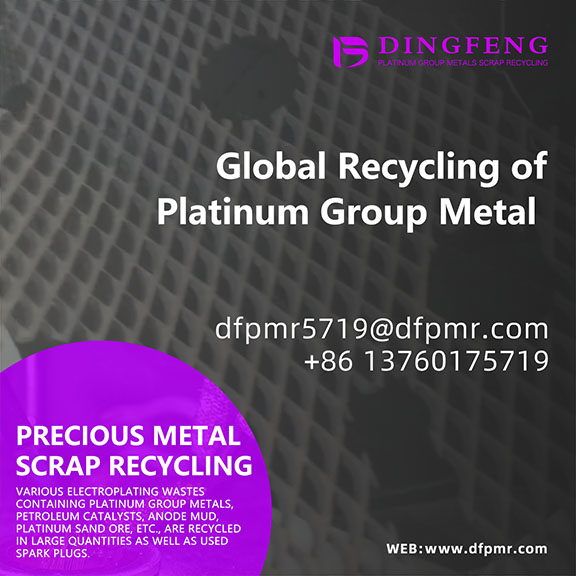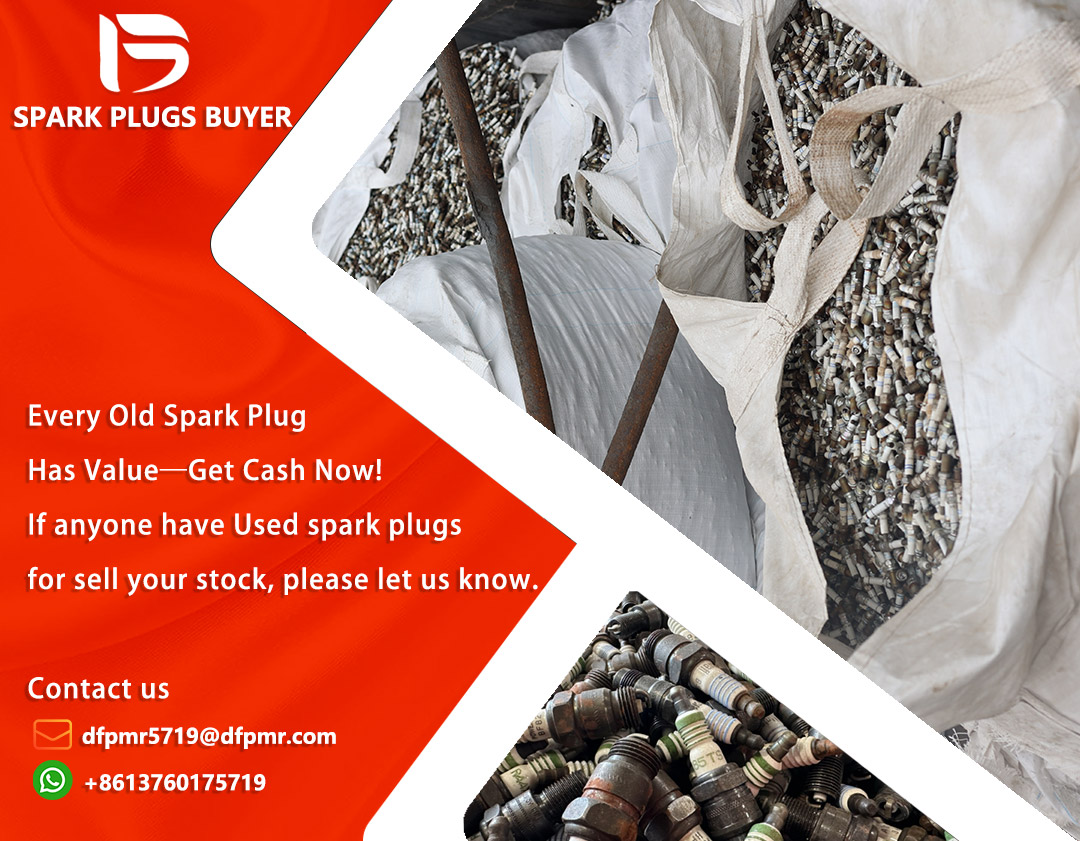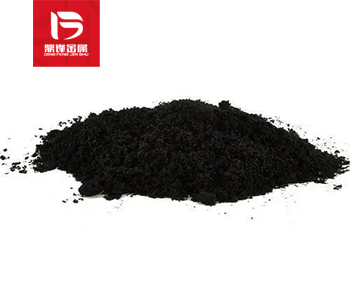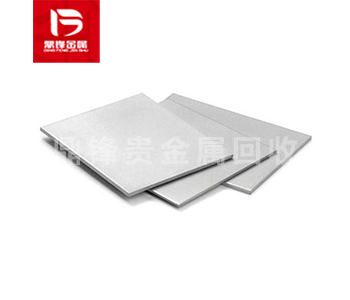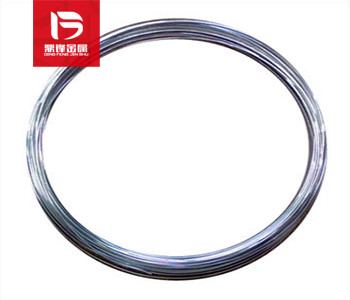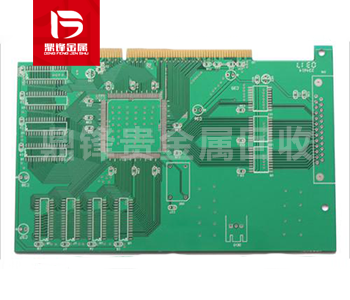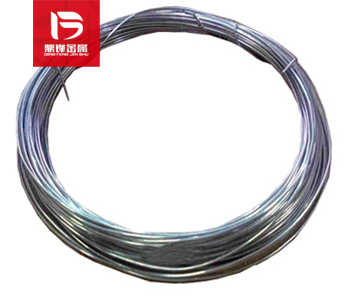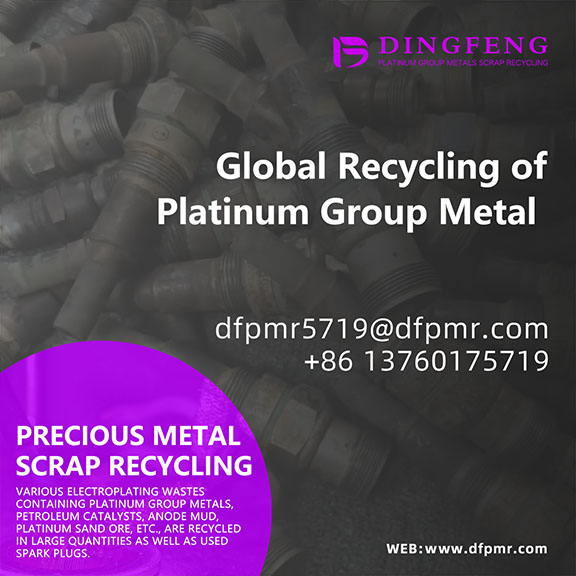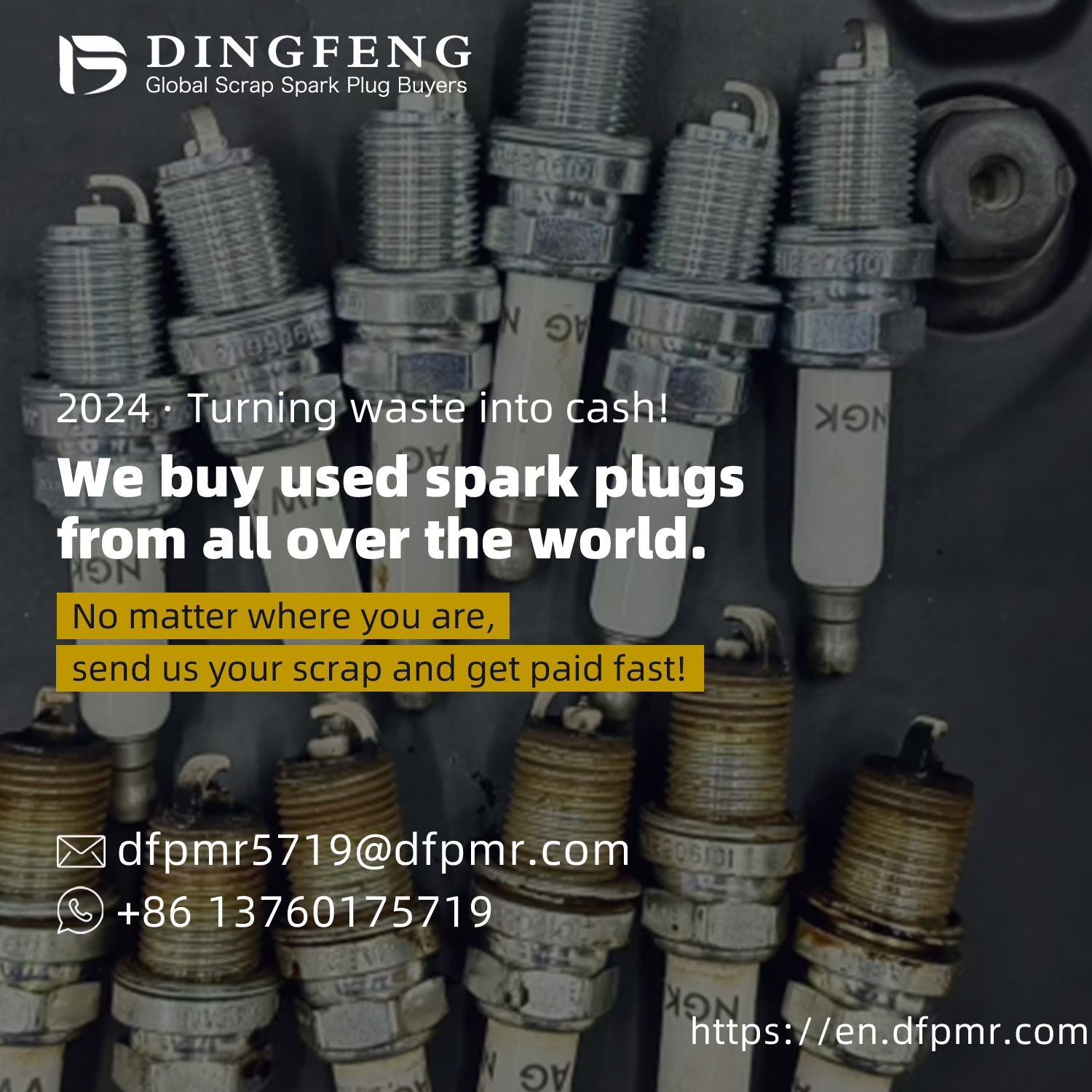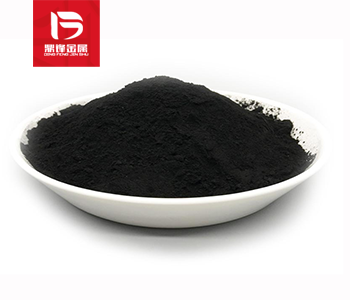How Spark Plugs Are Recycled
By recycling spark plugs, valuable metals such as platinum, palladium, and iridium are returned to the production cycle, reducing the need for mining and preserving precious resources. Working with experienced and certified recyclers like Dingfeng ensures that this process is conducted responsibly and effectively, contributing to both economic and environmental sustainability.
Product Details
Spark Plug Recycling Process: Detailed Breakdown
Collection & Sorting:
Spark plugs are gathered from various sources, including automotive repair shops, waste management centers, and recycling depots.
At this stage, spark plugs are sorted based on their type (e.g., conventional or platinum, iridium, or palladium) and material composition.
Equipment used: Magnetic separators and x-ray fluorescence (XRF) analyzers help identify metal content accurately, ensuring efficient sorting.
Mechanical Crushing:
The spark plugs undergo a crushing process to break the ceramic insulator and expose the metal core. This step is critical for separating the valuable metals from the waste ceramic.
Crushing equipment: Hydraulic crushers and shredders are commonly used to reduce the spark plugs into smaller pieces.
The metals are then separated from the ceramic material through a combination of mechanical and air-based sorting processes.
Smelting & Refining:
The metal components are then subjected to high temperatures in specialized furnaces, such as induction or electric arc furnaces, to melt the metals.
During the smelting process, impurities are removed, and the metals are refined to extract precious group metals (PGMs) like platinum, palladium, and iridium.
Refining techniques: The metals undergo electrochemical refining or hydrometallurgical processes (using acid baths) to purify and separate individual metals.
Precious metal recovery: At this stage, up to 90-95% of platinum, palladium, and iridium can be recovered, depending on the type and composition of the spark plug.
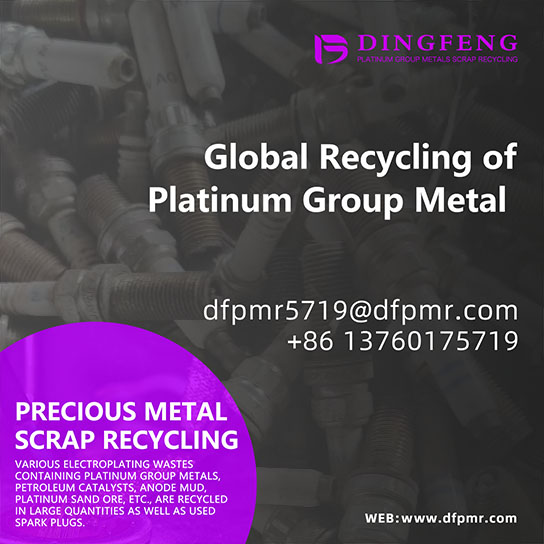
Reintegration:
Once the metals are purified, they are either sent for direct use in re-manufacturing new spark plugs or are used in other industries, such as electronics, automotive catalytic converters, and medical devices.
Recycled platinum and palladium can also be used in the production of fuel cells, jewelry, or environmentally friendly catalytic systems.
Final products: The reintegrated materials are further processed into specific forms like ingots, powders, or wire for various applications.
Specialized Equipment & Expertise:
Handling spark plug recycling requires advanced machinery and expertise. Specialized furnaces, shredders, magnetic separators, and refining technologies are crucial for ensuring that all valuable materials are efficiently recovered.
Recyclers like Dingfeng Precious Metals provide expert services, ensuring compliance with environmental and safety standards while maximizing the recovery of valuable metals.
By recycling spark plugs, valuable metals such as platinum, palladium, and iridium are returned to the production cycle, reducing the need for mining and preserving precious resources. Working with experienced and certified recyclers like Dingfeng ensures that this process is conducted responsibly and effectively, contributing to both economic and environmental sustainability.


